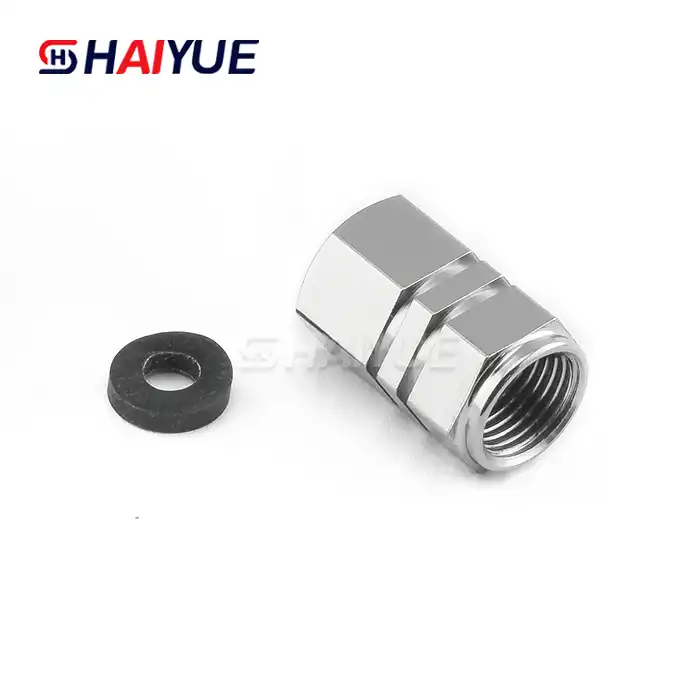- English
- French
- German
- Portuguese
- Spanish
- Russian
- Japanese
- Korean
- Arabic
- Greek
- German
- Turkish
- Italian
- Danish
- Romanian
- Indonesian
- Czech
- Afrikaans
- Swedish
- Polish
- Basque
- Catalan
- Esperanto
- Hindi
- Lao
- Albanian
- Amharic
- Armenian
- Azerbaijani
- Belarusian
- Bengali
- Bosnian
- Bulgarian
- Cebuano
- Chichewa
- Corsican
- Croatian
- Dutch
- Estonian
- Filipino
- Finnish
- Frisian
- Galician
- Georgian
- Gujarati
- Haitian
- Hausa
- Hawaiian
- Hebrew
- Hmong
- Hungarian
- Icelandic
- Igbo
- Javanese
- Kannada
- Kazakh
- Khmer
- Kurdish
- Kyrgyz
- Latin
- Latvian
- Lithuanian
- Luxembou..
- Macedonian
- Malagasy
- Malay
- Malayalam
- Maltese
- Maori
- Marathi
- Mongolian
- Burmese
- Nepali
- Norwegian
- Pashto
- Persian
- Punjabi
- Serbian
- Sesotho
- Sinhala
- Slovak
- Slovenian
- Somali
- Samoan
- Scots Gaelic
- Shona
- Sindhi
- Sundanese
- Swahili
- Tajik
- Tamil
- Telugu
- Thai
- Ukrainian
- Urdu
- Uzbek
- Vietnamese
- Welsh
- Xhosa
- Yiddish
- Yoruba
- Zulu
What Manufacturing Processes Ensure the Quality of Titanium Wheel Lug Bolts?
Introduction
High-performance automotive components depend not only on material choice but also on precise manufacturing processes. Titanium wheel lug bolts require advanced techniques to harness their exceptional material properties while ensuring safety, durability, and performance. This article examines the key manufacturing steps, machining challenges, surface treatments, and quality control measures involved in producing top-grade titanium lug bolts.
Why Is Manufacturing Precision Important for Titanium Fasteners?
Titanium’s unique physical and chemical properties make it a challenging metal to machine. Its high strength and low thermal conductivity mean that machining generates heat that is not easily dissipated, increasing tool wear and the risk of material defects such as micro-cracks or galling.
Precision manufacturing ensures that bolts have accurate threads, seat geometry, and surface finish. These factors are critical to guarantee proper fit, torque retention, and long-term safety. Any deviation can cause wheel misalignment, uneven load distribution, or premature bolt failure.
How Does CNC Machining Achieve High-Quality Titanium Bolts?
CNC (Computer Numerical Control) machining is the industry standard for producing titanium lug bolts. It offers:
-
High accuracy: Threads and seats are cut with micrometer-level precision to fit wheel hubs perfectly.
-
Repeatability: CNC allows consistent production of thousands of bolts with identical dimensions.
-
Flexibility: Different head styles, thread pitches, and lengths can be machined according to customer requirements.
-
Surface finish: Smooth finishes reduce stress concentrators and improve corrosion resistance.
Specialized tooling and controlled machining parameters, including cutting speed and coolant use, are essential to avoid overheating and ensure surface integrity.
What Surface Finishing Techniques Enhance Titanium Bolts?
Surface treatments enhance both aesthetics and functionality:
-
Polishing: Removes machining marks and improves bolt appearance.
-
Anodizing: Adds a durable oxide layer that provides corrosion resistance and allows color customization.
-
PVD (Physical Vapor Deposition) coatings: Increase hardness and wear resistance while enabling decorative finishes.
Unlike steel bolts that rely on plating, titanium’s natural oxide layer is already corrosion resistant; these treatments primarily improve durability and visual appeal.
How Are Titanium Bolts Tested for Safety and Performance?
Comprehensive testing verifies that titanium bolts meet stringent standards:
-
Tensile Testing: Determines the ultimate strength and yield point.
-
Fatigue Testing: Assesses performance under repeated loading cycles, simulating real driving conditions.
-
Dimensional Inspection: Ensures thread, seat, and head dimensions meet design specifications.
-
Torque Testing: Confirms proper clamping force at specified torque settings to prevent loosening.
Certified manufacturers adhere to international norms such as ISO 898-1, SAE J429, or DIN EN standards for fastener quality.
How Do Manufacturing Challenges Differ Between Titanium and Steel?
While steel is easier and faster to machine due to its material properties and thermal behavior, titanium requires:
-
Slower cutting speeds to prevent excessive heat.
-
Specialized, wear-resistant tooling to handle titanium’s hardness.
-
Advanced coolant systems to dissipate heat and protect both tool and workpiece.
These complexities increase production costs but result in superior product performance and longevity that justify the investment.
What Are Common Questions About Titanium Bolt Manufacturing?
Is CNC machining essential for titanium bolts?
Yes. Manual or less precise methods cannot achieve the necessary tolerances and surface quality for safe automotive fasteners.
Can manufacturers customize titanium bolts in small batches?
Absolutely. CNC machining allows flexible batch sizes from prototypes to mass production.
How do manufacturers guarantee consistent quality?
Through strict raw material inspection, controlled machining processes, and multi-stage testing protocols.
Conclusion
The quality of titanium wheel lug bolts hinges on precise manufacturing processes and rigorous quality control. CNC machining combined with advanced surface finishing techniques produces bolts that meet the highest standards of safety and performance. Despite higher manufacturing complexity compared to steel, titanium fasteners deliver unmatched benefits in weight, corrosion resistance, and durability.
Baoji Haiyue New Metal Materials Co., Ltd. offers expert CNC machining and custom manufacturing services for titanium fasteners, meeting diverse automotive needs with reliable quality.
Contact us:
Email: Jolina@bjhyti.com

Learn about our latest products and discounts through SMS or email
(1)_1738919110992.webp)
_1738809640879.webp)
_1738985829641.webp)
